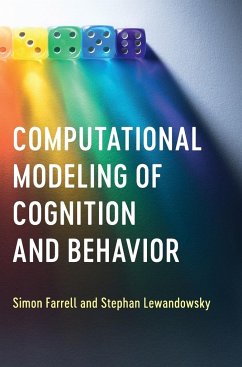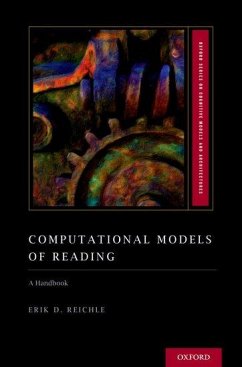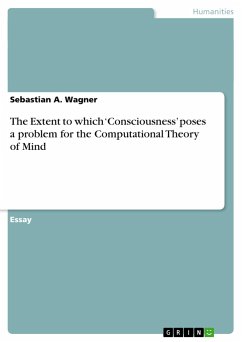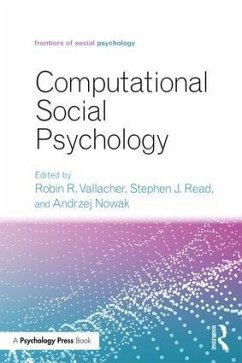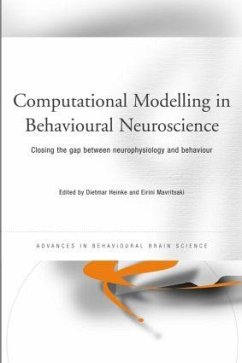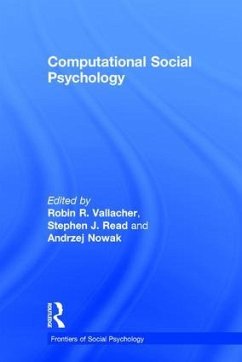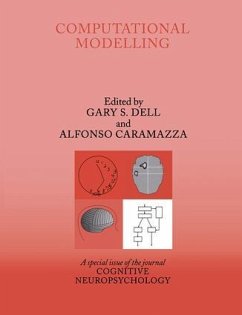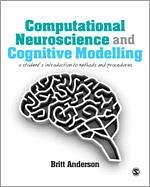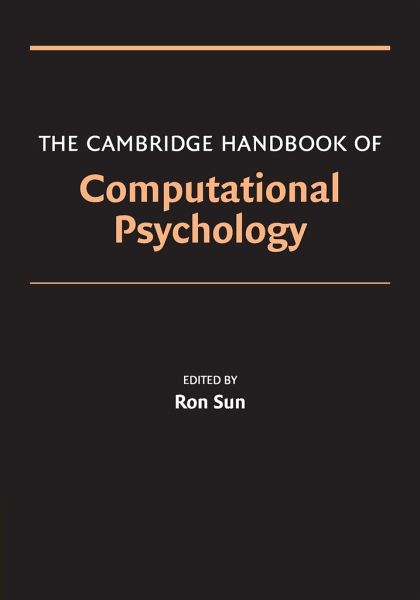
Camb Hdbk Computational Psychology
Versandkostenfrei!
Versandfertig in 1-2 Wochen
64,99 €
inkl. MwSt.

PAYBACK Punkte
32 °P sammeln!
This book is a definitive reference source for the growing, increasingly more important, and interdisciplinary field of computational cognitive modeling, that is, computational psychology. It combines breadth of coverage with definitive statements by leading scientists in this field. Research in computational cognitive modeling explores the essence of cognition and various cognitive functionalities through developing detailed, process-based understanding by specifying computational mechanisms, structures, and processes. Given the complexity of the human mind and its manifestation in behavioral...
This book is a definitive reference source for the growing, increasingly more important, and interdisciplinary field of computational cognitive modeling, that is, computational psychology. It combines breadth of coverage with definitive statements by leading scientists in this field. Research in computational cognitive modeling explores the essence of cognition and various cognitive functionalities through developing detailed, process-based understanding by specifying computational mechanisms, structures, and processes. Given the complexity of the human mind and its manifestation in behavioral flexibility, process-based computational models may be necessary to explicate and elucidate the intricate details of the mind. The key to understanding cognitive processes is often in fine details. Computational models provide algorithmic specificity: detailed, exactly specified, and carefully thought-out steps, arranged in precise yet flexible sequences. These models provide both conceptual clarity and precision at the same time. This book substantiates this approach through overviews and many examples.





